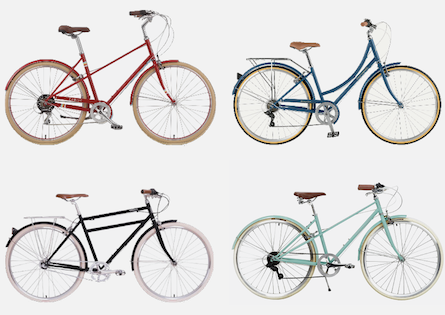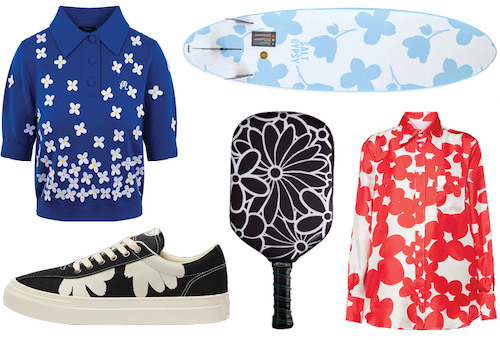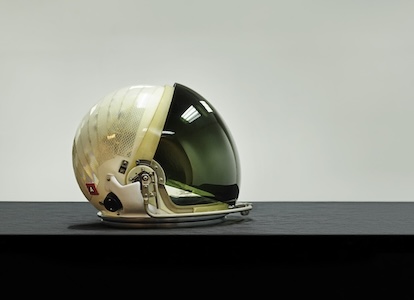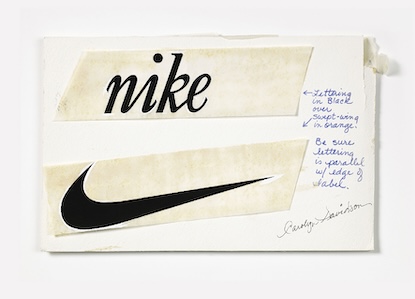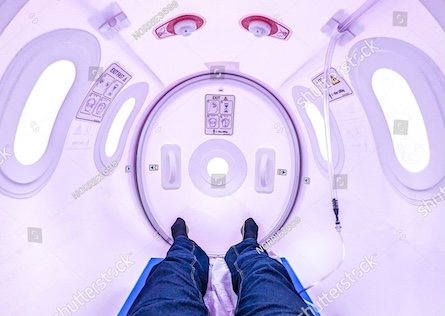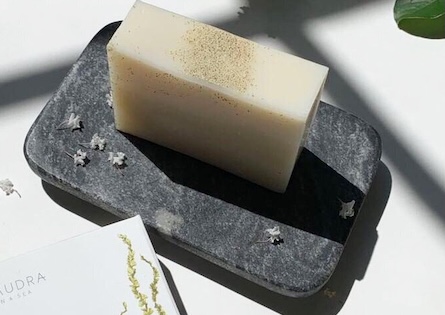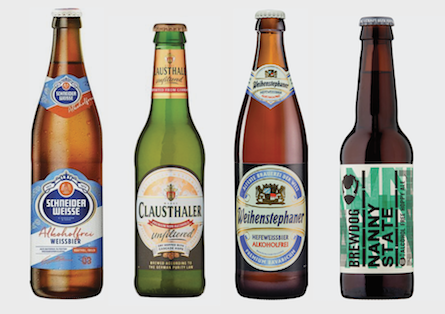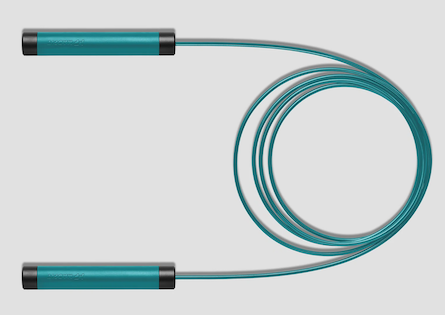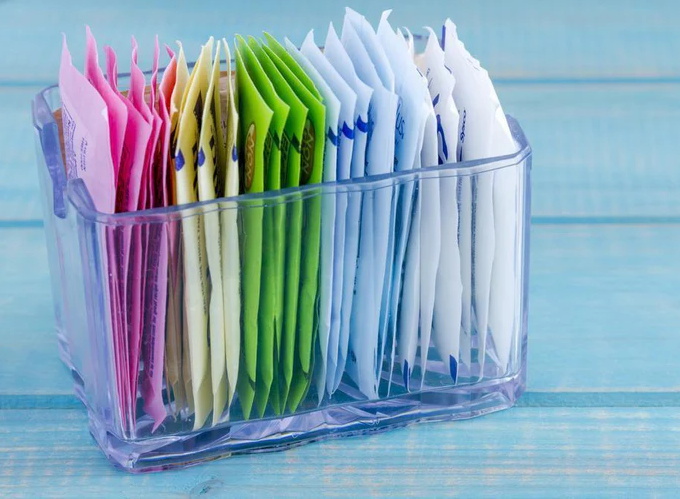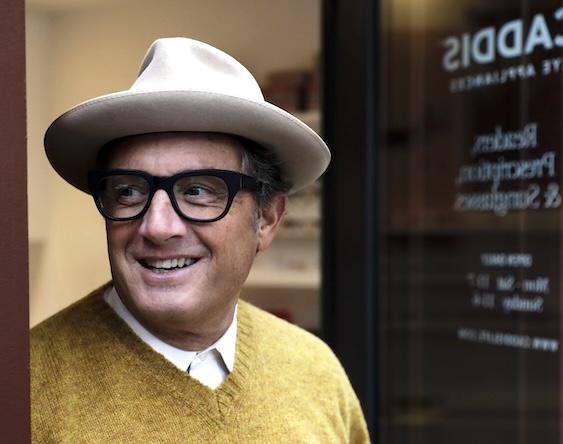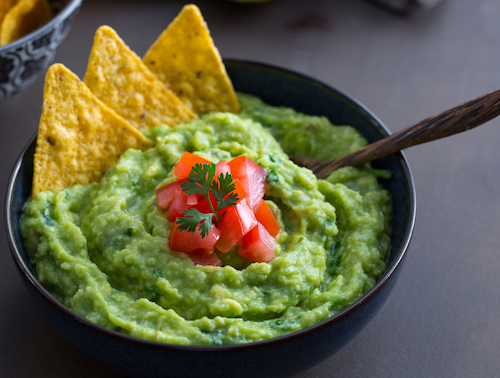A few months ago, we featured a nutritional reset program created by Robin Barrie Kaiden. More than a quick fix, it was about establishing lifelong healthy habits to lose weight and keep it off. Taking part in the program myself, Kaiden pointed out the number of seemingly healthy shakes, protein bars, and powdered latte mixes I was consuming daily, made with monk fruit sweetener. She said they were sabotaging my fat burning efforts.
As the editor of STYLE of SPORT, I’m quite knowledgeable about nutrition, or so I thought. How could this zero calorie, natural sweetener made from plants possibly be making me fat? I didn’t want to believe her until I finally got rid of all the monk fruit sweetened products in the kitchen and saw my lean body start to return.
The percentage of the population who are obese and the incidence of diabetes has increased over the past few years, primarily due to eating habits and physical inactivity. The irony is this has also coincided with an increase in the use of artificial sweeteners. The belief has been it is better to use these non-caloric alternatives than sugar, especially the new “natural” sweeteners like stevia and monk fruit, for weight loss.
Artificial sweeteners have been the topic of scientific investigation in recent years, due to the fact that they don’t seem to help with weight loss. In fact, they may contribute to weight gain. There is research to suggest that your brain reacts to artificial sweeteners much like it does to sugary sweets, causing the same physiological reaction. These sweeteners still result in the release of insulin which the brain mistakes for glucose due to the sweet taste. This effect is known as “cephalic phase insulin release”, which can raise blood sugar indirectly, eventually leading to insulin resistance and weight gain.
In addition, these sweeteners are often many times sweeter than plain sugar. When our taste buds register that level of sweetness, a signal is sent to the brain that a large influx of calories is coming, interfering with the body’s natural ability to judge calorie content, and increasing sugar cravings and hunger. Consuming artificial sugars may also increase the frequency of reactive hypoglycemia because of the increase of insulin, which lowers blood sugar even though the body hasn’t gotten any calories or energy from the sweetener.
Another study a couple of years ago suggested artificial sweeteners may also alter our microbiome, and the balance of friendly bacteria in our guts. Bacteria in the gut react differently to artificial sweeteners than they do to real sugar. Saccharin and sucralose have been found to change the gut microbiome and been linked to dysbiosis, a condition when the gut bacteria become imbalanced. As a result, a wide range of digestive symptoms can occur including diarrhea, cramping, constipation, bloating, and indigestion.
While excessive consumption of sugar is the cause of numerous health issues, a couple of teaspoons a day is a far better alternative than these substitutes. Try to avoid processed white sugars, which have gone through chemical processing, and stick with unrefined sugars like honey, maple syrup, agave nectar, brown rice syrup, and coconut sugar… all in moderation. When it comes to nutrition, that is usually the best choice.
INFORMATION SOURCES:
- Effect of artificial sweeteners on insulin resistance among type-2 diabetes mellitus patients
- Gain weight by “going diet?” Artificial sweeteners and the neurobiology of sugar cravings
- How Artificial Sweeteners May Mess With Your Brain
- Sugar Substitutes: What You Should Know
- Effects of Sweeteners on the gut microbiota
